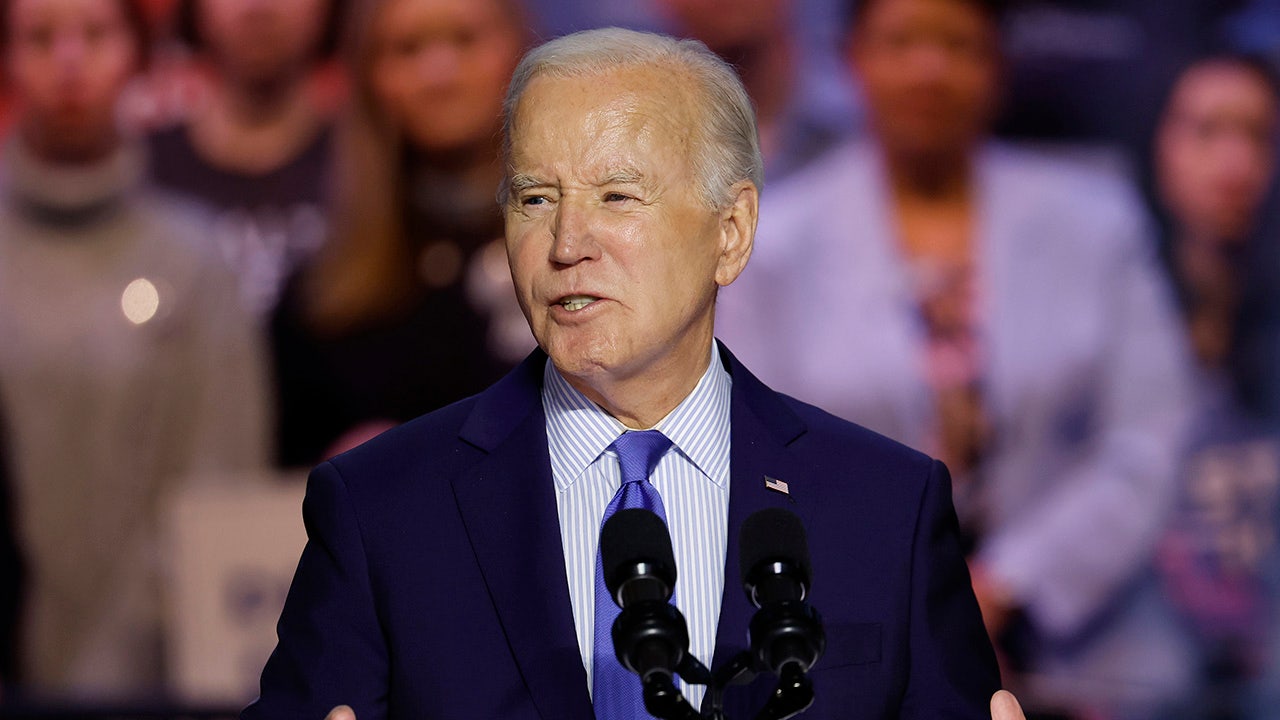Finance
Biden’s natural gas decision is nuts. Climate extremists don’t know the facts

Some confused climate activists are asking President Biden to hurt the climate. Protesters are planning a sit-in at the Department of Energy next month, calling for the White House to not permit any new liquefied natural gas (L.N.G.) export terminals. But examining the facts shows that surrendering to this pressure would actually raise global greenhouse gas emissions — as well as hinder our allies’ energy security and our economy.
Those on the left who oppose L.N.G. exports cite concerns about emissions. They also argue that natural gas exports are sabotaging the deployment of renewable energy.
These objections are off the mark for two main reasons. First, American L.N.G. exports have a carbon advantage over more carbon-intensive sources of power generation overseas that they displace. Focusing on natural gas, Russian exports to Europe produce over 40 percent more greenhouse gas emissions than U.S. exports to Europe.
WHITE HOUSE HALTS ENORMOUS NATURAL GAS PROJECTS IN VICTORY FOR ENVIRONMENTALISTS
Second, the Energy Information Administration (EIA) projects that global demand for natural gas will increase by 2050. Advanced energy technologies that affordably harness solar, wind, hydroelectric, and geothermal power are promising and the United States should lead the world in building them. But even with rapidly improving economics from innovation, and even if permitting reform slashes red tape and facilitates accelerated deployment, it still takes a long time to replace natural gas.
Natural gas will be needed for the foreseeable future, since there’s no such thing as an overnight transition to all renewables. Denying this reality will not decrease emissions. It will just allow higher-polluting exports from other countries, like Russia, to fill the void and raise global emissions.
US LED THE WORLD IN LIQUEFIED NATURAL GAS (LNG) EXPORTS IN 2023
The energy transition will take time — but less time if the government chooses innovation, competition, and regulatory reform over bans, mandates, and subsidies. Because of Texas’ competitive electricity market, for example, the Lone Star State is easily the country’s biggest wind energy producer. And Texas recently eclipsed California (with its command-and-control policies) for the lead in grid-scale solar deployment.
Natural gas will be needed for the foreseeable future, since there’s no such thing as an overnight transition to all renewables. Denying this reality will not decrease emissions. It will just allow higher-polluting exports from other countries, like Russia, to fill the void and raise global emissions.
Natural gas can be the backbone that allows renewables to flourish. Gas provides firm power, complementing the variable nature of solar and wind as new battery storage technology scales.
The U.S. has already significantly lowered emissions in the power sector without compromising reliability and affordability. That happened because of innovative natural gas extraction, relicensing nuclear power plants, and increasingly cheap renewables.
The future is even brighter: U.S. trailblazers developing and deploying inexpensive energy technologies — everything from solar-plus-storage and carbon capture for natural gas to nuclear fusion — and exporting them.
In the meantime, American L.N.G. exports have a crucial role in not just reducing global emissions, but also in strengthening our allies’ energy security and our economy.
In early 2019, during my time as chairman of the Federal Energy Regulatory Commission (FERC), I visited Poland and witnessed the importance of American gas exports to our friends’ energy security. My Polish counterparts were deeply concerned about regional dependence on Russian gas. Even then, long before the war in Ukraine, they were asking the U.S. to undercut Russia’s weaponization of energy.
Putin’s invasion of Ukraine in 2022 turned those fears into reality. Russia’s economic power comes from oil exports, but its political power over Europe at that time came from natural gas exports. And Russia bet that starving European countries of natural gas would weaken their support for Ukraine.
But American L.N.G. helped our allies wean off of Russian gas. Stopping or limiting the supply of this crucial resource to the global market would be as disruptive as economic sanctions. Our friends and allies, in Asia as well as Europe, are relying on us to continue exporting this fuel.
L.N.G. exports also benefit our economy. These exports have the capacity to create tens of thousands of jobs along the entire economic supply chain — including jobs in Wisconsin and Ohio, not just in Texas or Louisiana.
As FERC chairman, I pushed for bipartisan action to streamline L.N.G. export terminal approvals without sacrificing safety or environmental quality. It’s now time for President Biden to do likewise. He should ignore the activists staging a sit-in. They’re wrong on the facts and should sit this one out.
Neil Chatterjee served as chairman and a member of the Federal Energy Regulatory Commission. He has decades of experience working on the most important energy policy initiatives for Republican leadership in Congress.
Read the full article here


















